Photo by: Pixabay user pedro_wroclaw
Coronavirus and air pollution | Coronavirus and Climate Change | Coronavirus and heatwaves
Why it matters: Current discussions about preventing the next pandemic are heavily focused on taking actions only after people get sick. But science and recent experience make clear that we can protect health by working to stop pandemic pathogens before they infect anyone.
The background: Over the last 100 years, about two viruses per year have jumped from animals to people. These “spillover” events are driven by actions like deforestation, wildlife trade, and risky agricultural practices, which also increase climate change. Climate change also pushes animals on land and in the sea to move to new places, creating opportunities for pathogens to get into new hosts.
The upshot: Safeguarding nature comes at a fraction of the cost of managing a pandemic after it starts, and could dramatically cut the risks of another pandemic emerging while conferring additional benefits that are good for our health and for the planet.
What we’re doing:
Our former Director Dr. Aaron Bernstein and colleagues are providing recommendations for global coordination and calling on world leaders to urgently act to prevent pandemics before they start. Read the commentary in Nature.
Together with Harvard Global Health Institute (HGHI), we have convened the Scientific Task Force to Prevent Pandemics at the Source, a group of experts from around the world to identify the most effective ways to prevent new infectious diseases like COVID-19 before they start.
Their report outlines the strong scientific foundations for stopping the next pandemic by preventing the spillover of pathogens from animals to people. It provides recommendations for research and actions that have largely been absent from high-level discussions about pandemic prevention, including a novel call to integrate conservation actions with strengthening healthcare systems globally.
A study led by Dr. Bernstein shows the annual costs of “primary pandemic prevention” actions (~$20 billion) are less than 5% of the lowest estimated value of lives lost from emerging infectious diseases every year, less than 10% of the economic costs, and provide substantial co-benefits. Read the Science Advances study.
We also found that the costs of preventing future zoonotic outbreaks like COVID-19—by preventing deforestation and regulating the wildlife trade—are as little as $22 billion a year, 2% of the economic and mortality costs of responding to the COVID-19 pandemic, which some economists predict could reach $10-20 trillion. Read the Science study.

Primary Pandemic Prevention Costs 5% of Lives Lost Every Year from Emerging Infectious Diseases
Primary pandemic prevention actions cost less than 5% of the lowest estimated value of lives lost from emerging infectious diseases every year
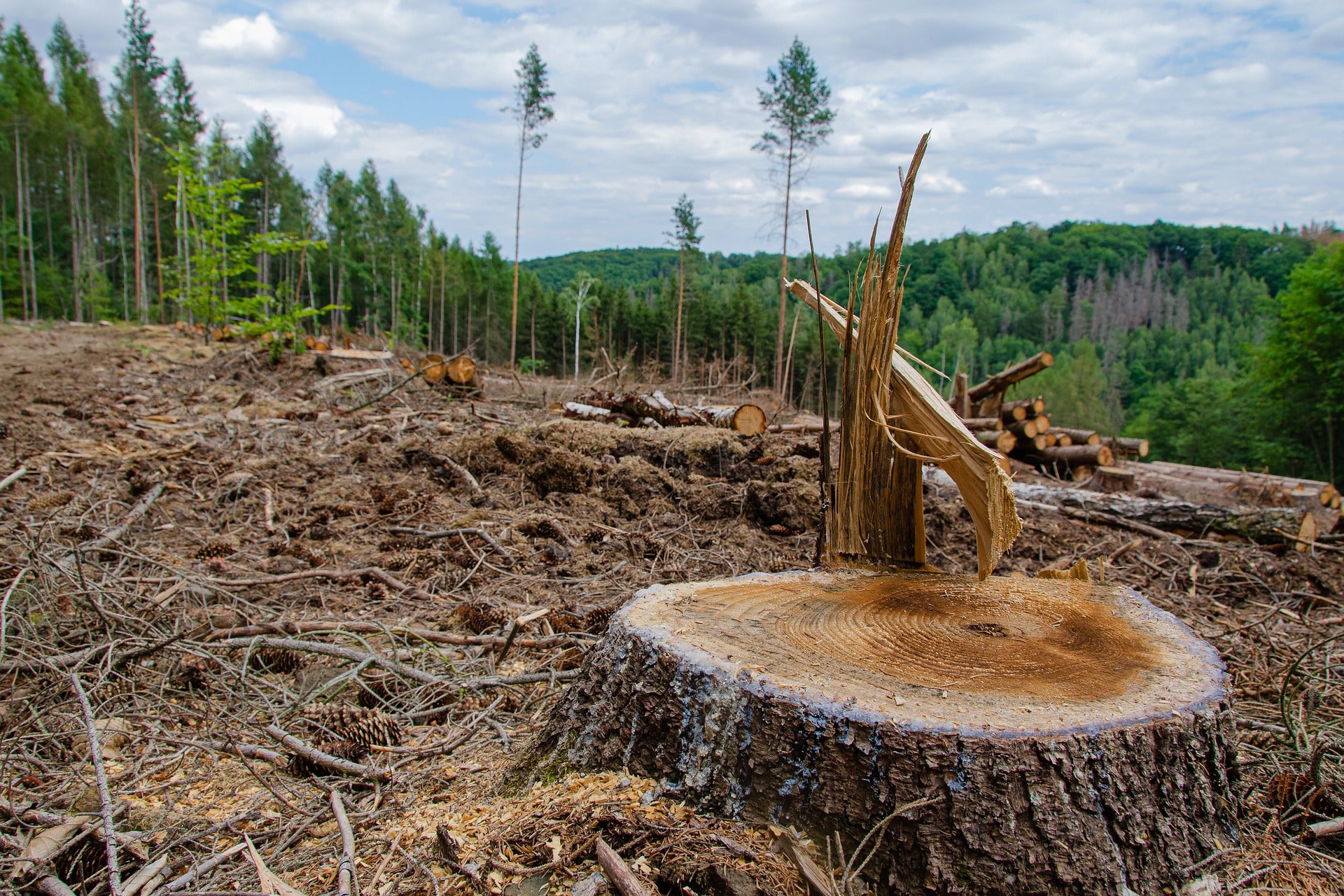
Protecting forests and changing agricultural practices are essential, cost-effective actions to prevent pandemics
Our new report outlines the strong scientific foundations for taking actions to stop the next pandemic by preventing the spillover of pathogens from animals to people.

Solutions for preventing the next pandemic
The cost of preventing the next pandemic is 2% of the cost we’re paying for COVID-19.
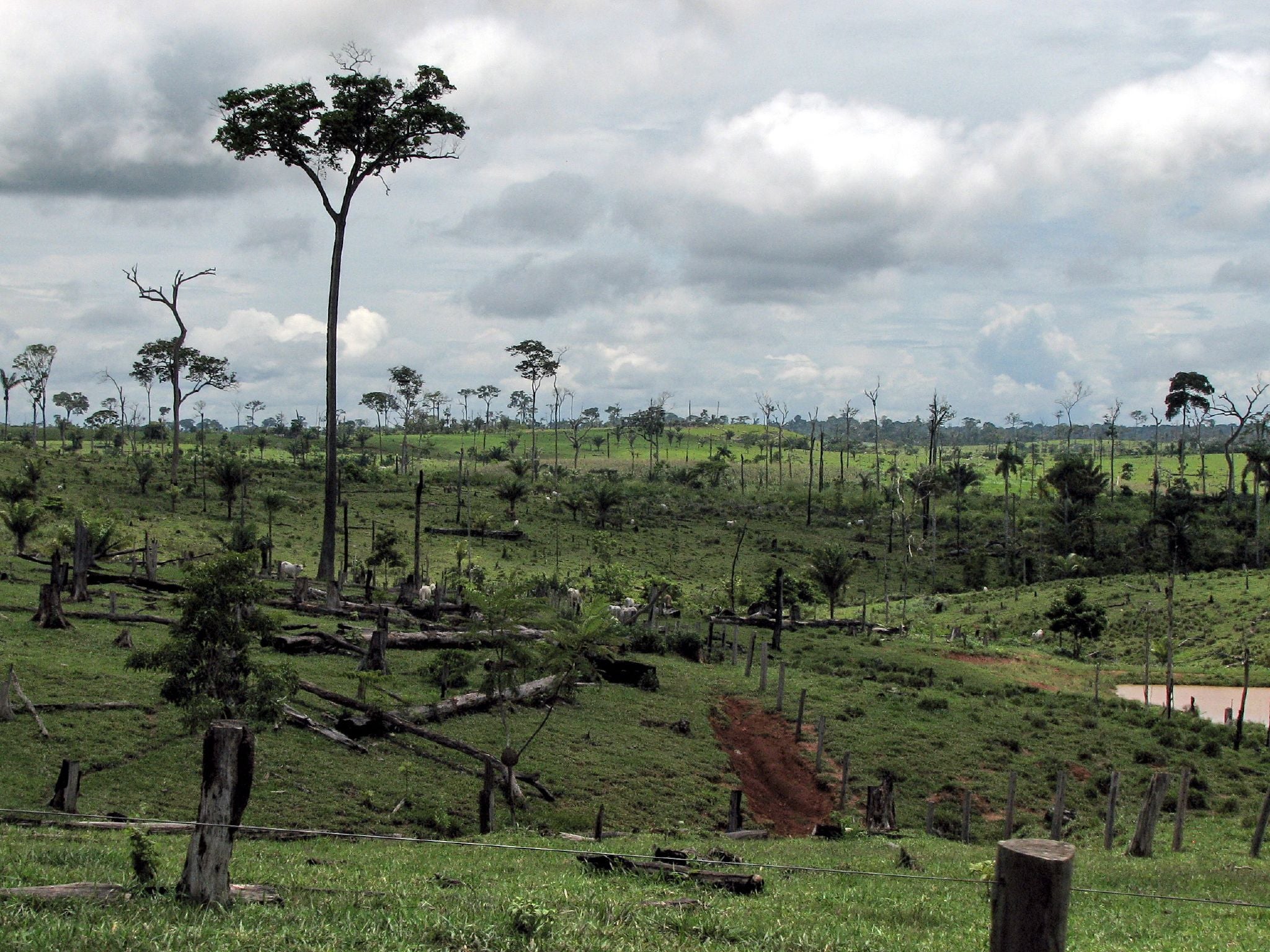
Want to prevent pandemics? Stop spillovers
World leaders must make spillover prevention central to 3 landmark agreements under development, writes our Director Dr. Aaron Bernstein.
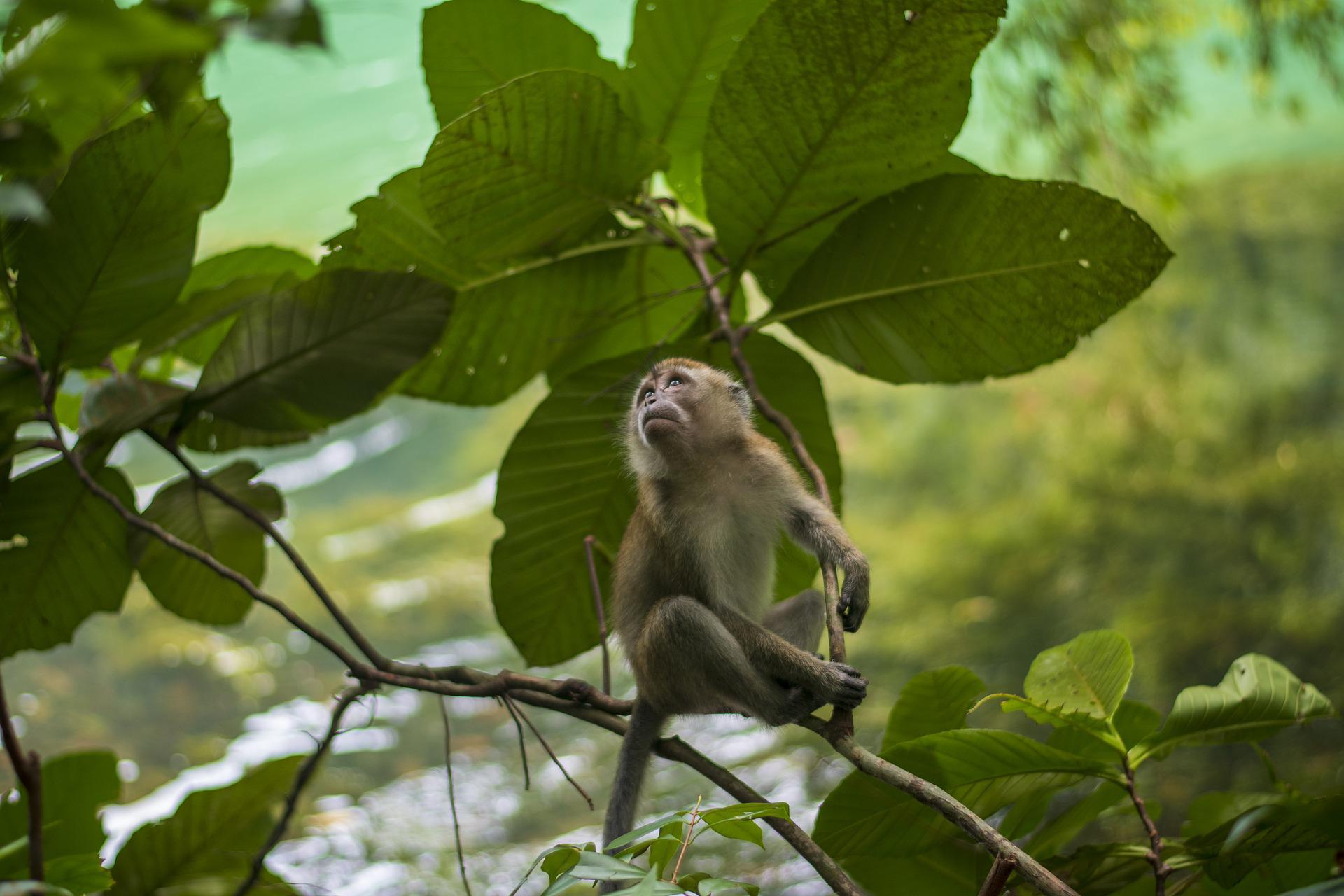
The Dawn of the Pandemic Age
We need to rethink how we address emerging infectious disease risks by stopping infections before they start, says our Director Dr. Aaron Bernstein.
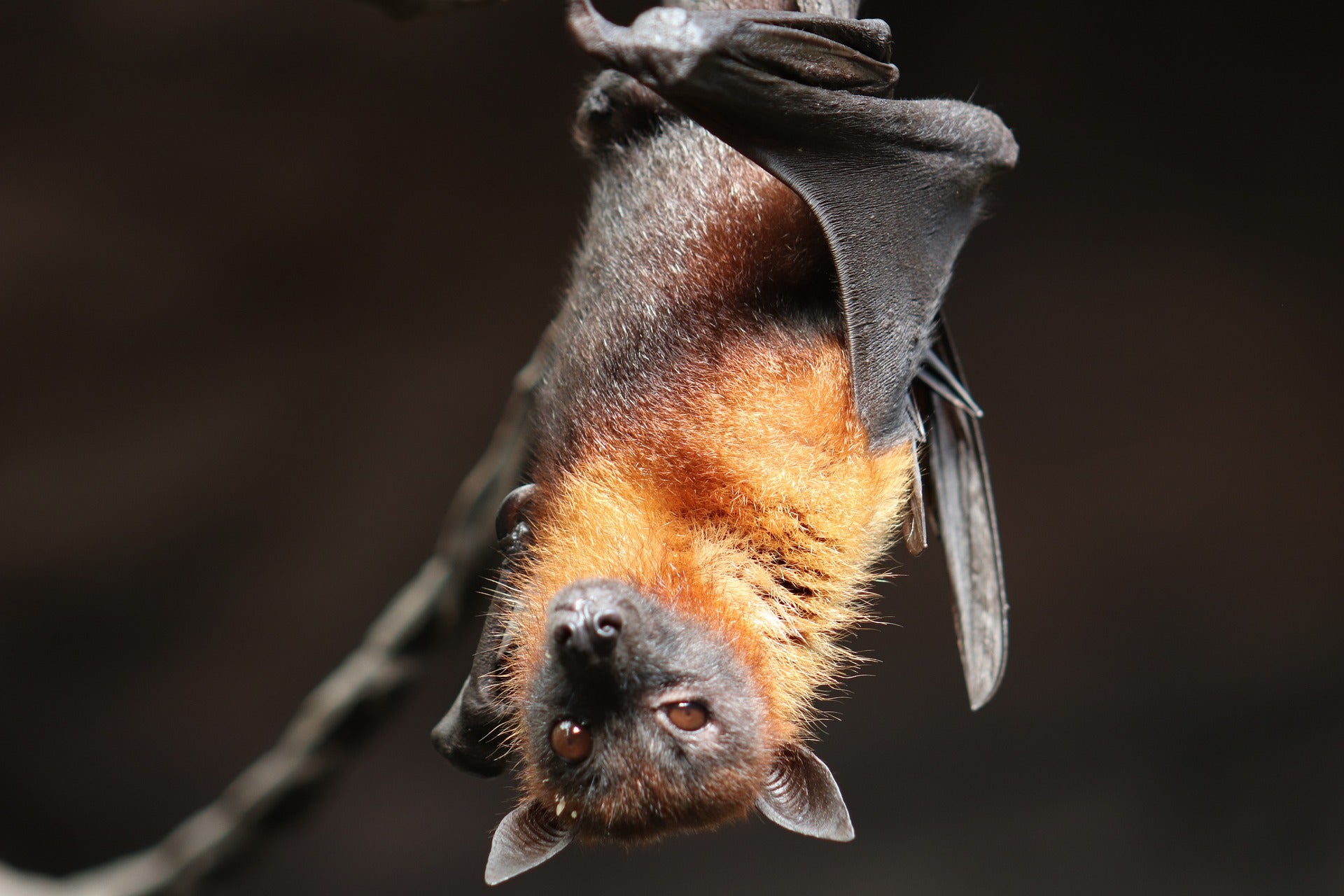
Increased infectious disease risk likely from climate change
Our Director Dr. Aaron Bernstein comments on a study showing climate change will increase the risk of emerging infectious diseases jumping from animals to humans.
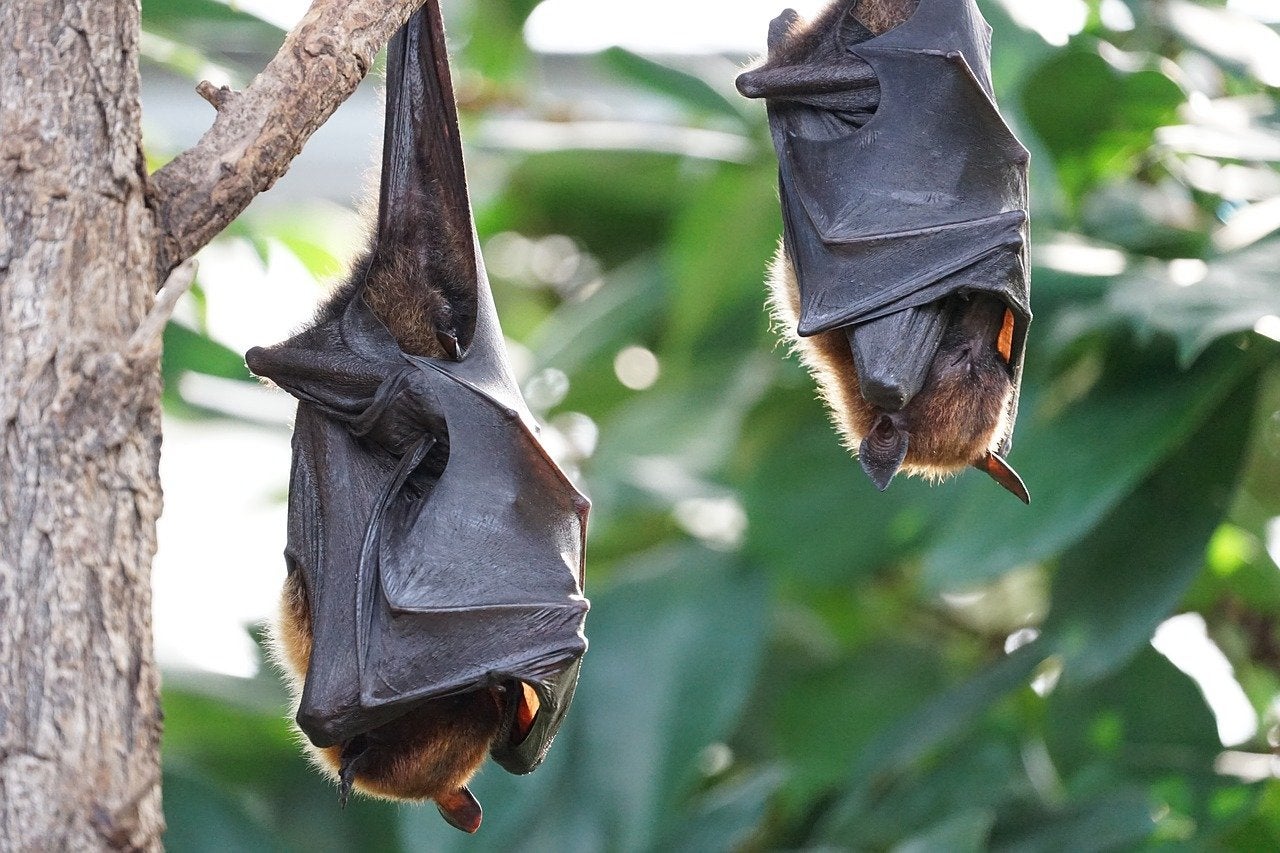
Research Shows Actions to Prevent Pandemics Cost 5% of Lives Lost Every Year from Emerging Infectious Diseases
Better surveillance, wildlife and hunting management, and forest protection can prevent pandemics at a fraction of the cost.

As Covid-19 cases rise, global task force lays out how to avert future pandemics
New report suggests that investing in conservation, improving agricultural practices, and strengthening healthcare systems can help prevent future pandemics.

Preventing future pandemics depends on environmental action, Harvard task force finds
Environmental efforts, such as forest preservation and wildlife trade regulation, are essential to preventing future pandemics.
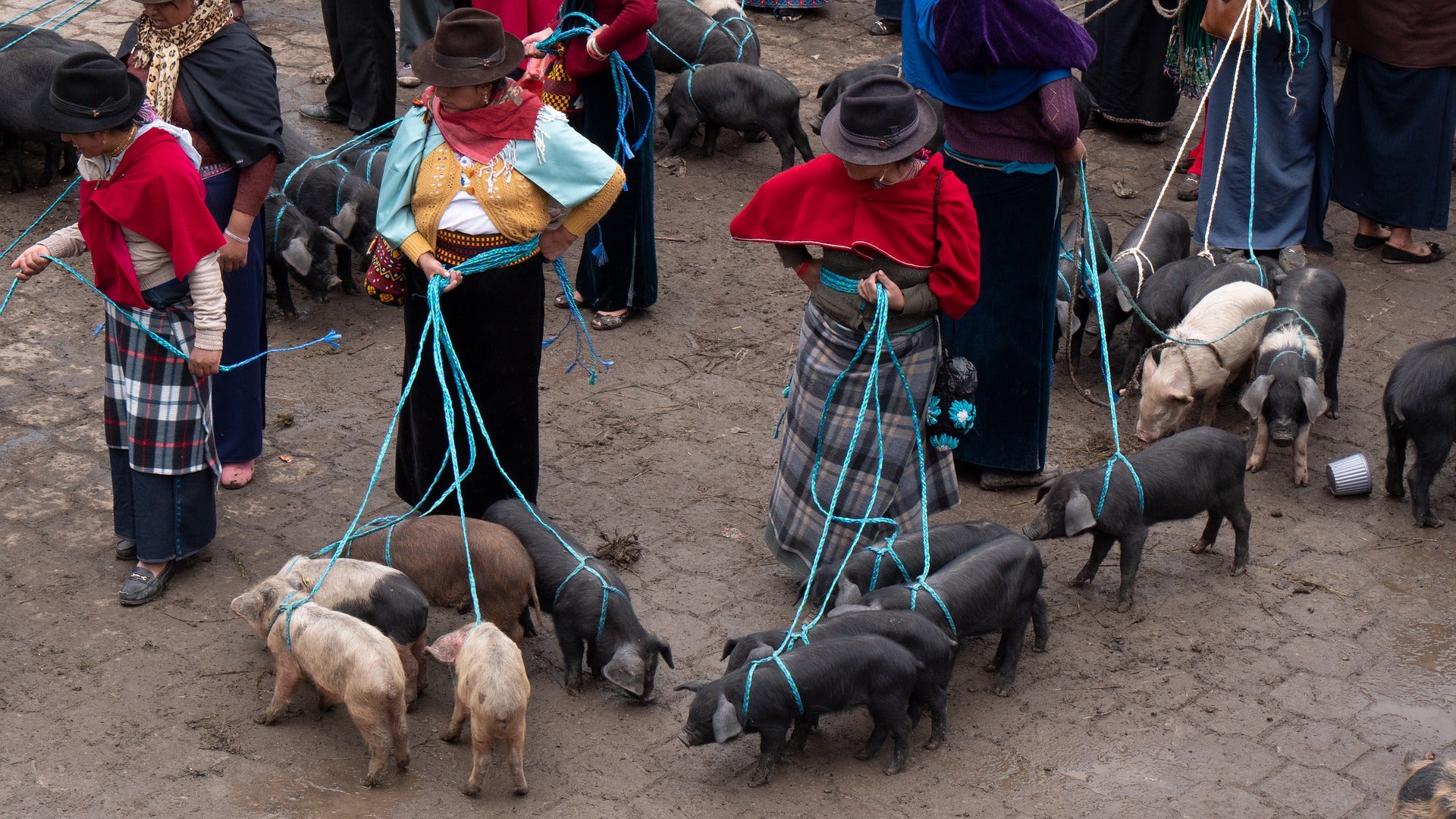
New report calls for preventing human pandemics at the animal source
Preventing the next pandemic by stopping the spillover of animal pathogens to humans would be far less expensive than fighting a pandemic after it begins.
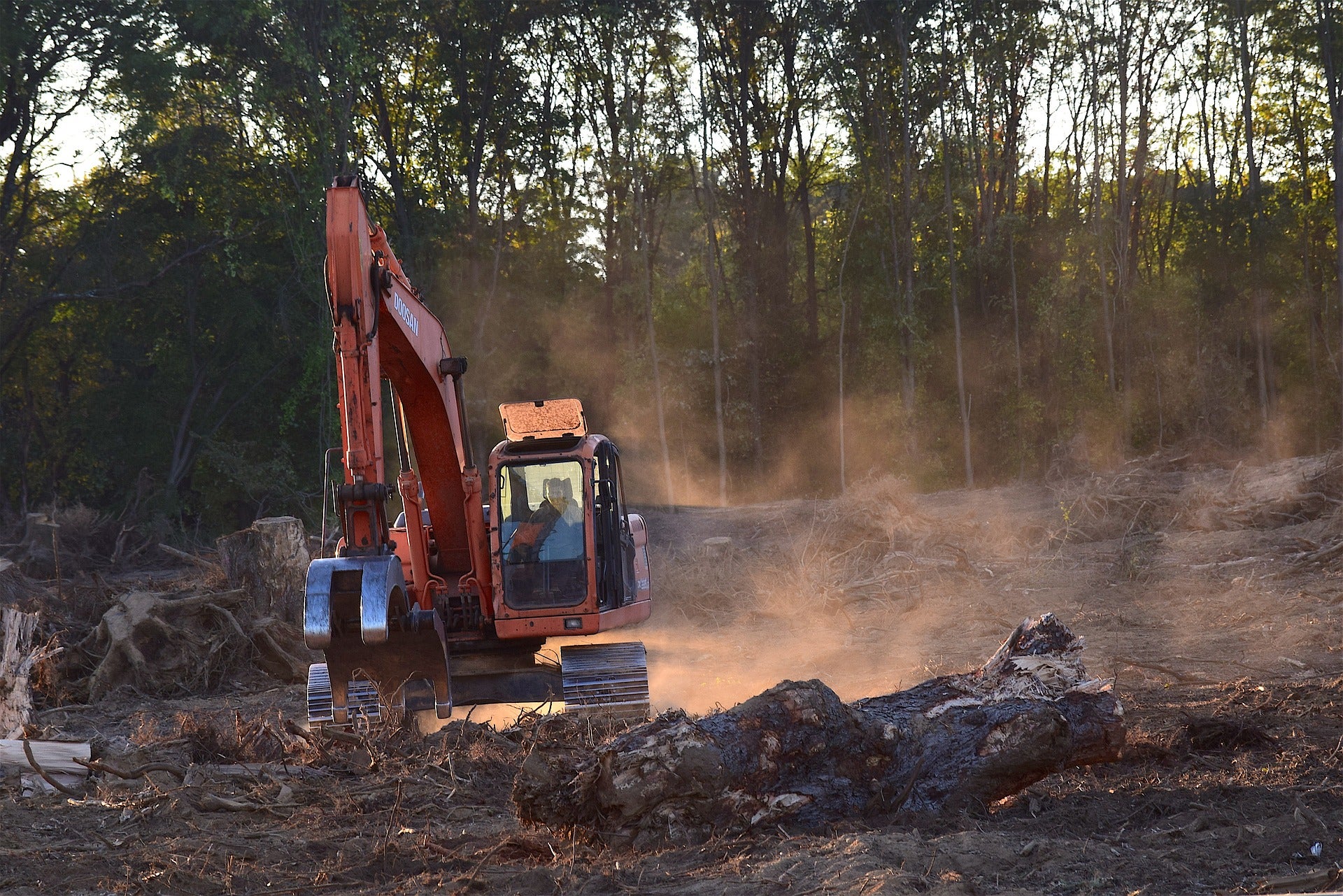
New Report from Harvard and Global Experts Shows Investments in Nature Needed to Stop the Next Pandemic
Protecting forests and changing agricultural practices are essential, cost-effective actions to prevent pandemics.
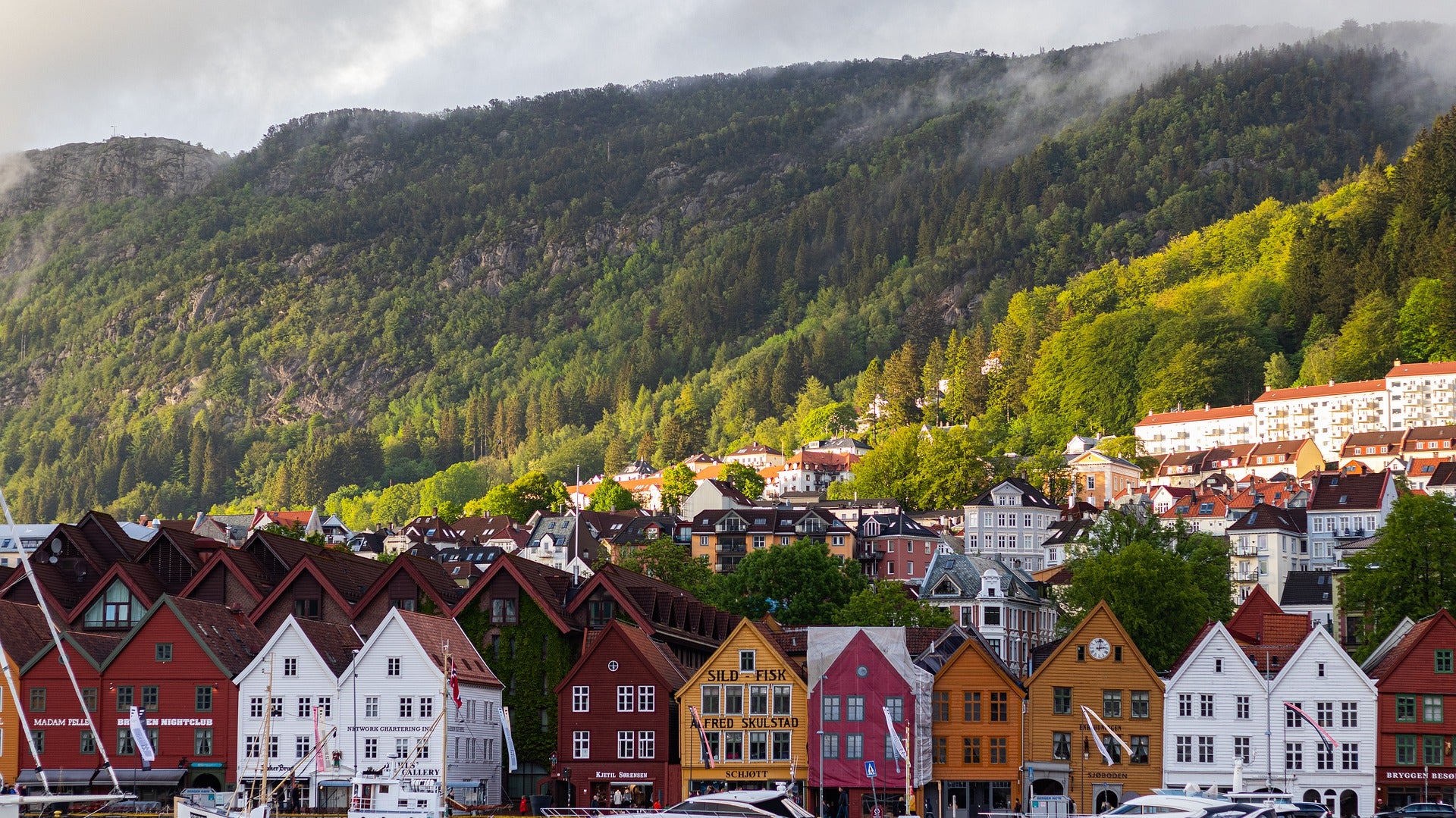
Harvard launches international task force to prevent future pandemics
Our Director, Dr. Aaron Bernstein, discusses the Scientific Task Force to Prevent Pandemics at the Source, which aims to prevent pandemics by reducing the likelihood of infectious diseases transferring from animals to humans.

How to stop the next pandemic before it starts
Being prepared for the next pandemic is important—but we should also be focused on stopping it entirely.
